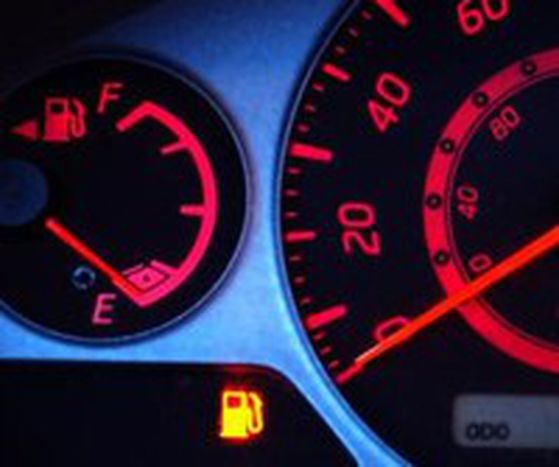
Russia to the rescue?
Published on
Increasing energy needs mean Europe is importing more and more oil and gas from Russia. But justifying this reality with ‘improved relations’ and socio-economic benefits for Russia is misguided.
In the midst of the rapidly growing concern about energy prices and long-term energy supply security, Europe finds itself more dependent than ever on imported energy. The annual 77 million barrels of oil that was needed on the world market in 2002 is predicted to grow to 120 million by 2020. If the American and Chinese markets are expected to be the prime factors in this increase, the figures of the European energy market also call attention to the key role of energy in Europe’s future, particularly as regards its relationship with Russia.
Gas direct
The EU is a primary consumer of both gas and oil. In 2001, for instance, the EU represented 38.5% of world oil consumption, compared with the US’s 17% and Japan’s 12%. In 2000, 48% of the EU’s gas, which accounted for 23.7% of world gas consumption, was imported. As Dutch gas and North Sea oil reserves are gradually being depleted, the continent’s current energy dependence shall further increase and it is expected that by 2020, 75% of gas used in the EU will be imported, a large part of which will come from Russia.
Following the demise of the USSR in 1991, Russian energy exports to Western Europe have increased exponentially and, in October 2000, Russian President Putin signed an agreement with the EU on a strategic energy partnership. One of the most recent developments has been the agreement signed in September between Russia’s gas monopoly, Gazprom, and the German corporations BASF and EON to build the North European Gas Pipeline (NEGP). Running 1,200 km under the Baltic Sea from Portovaya bay in Russia to the German port of Greifswald, the new pipeline is expected to open a new chapter in the history of Russian imports to Europe. It is designed to avoid all transit countries, delivering Russian natural gas directly to Western Europe - bypassing Eastern countries, including the new member state Poland, which is less than happy with the deal.
Autocratic reflexes
It is often assumed that Europe’s reliance on Russian imports and Russia’s reliance on revenues from these sales can only help to improve relations between the two giants but, as the NEGP shows, not all EU countries agree on how to proceed. Moreover, the belief that increased revenues from its energy sources will ameliorate the general economic and democratic situation in Russia is misguided. For example, the Russian state’s role in its energy sector (formally or informally) is assumed to be a relic of its Soviet past and is expected to diminish. However, energy is a strategic sector and efforts to privatise it have been relatively recent even in the most well-established market economies. It is unrealistic to expect a state in transition, like Russia, to relinquish its control over such a vital money maker – as indicated very clearly by the arrest and imprisonment of Mikhail Khodorkovsky, chief of the petroleum company Yukos which has since been partly nationalised.
Similarly, history has proven that high energy revenues and socio-economic development do not come hand in hand. The majority of oil producing countries, such as Iran, have not spent their oil revenues on increasing living standards, decreasing poverty and inequality, ameliorating health care or developing infrastructure such as roads and telecommunications. Indeed, oil revenues generally tend to be used to finance the survival of the ruling elite.
What is more, it is often underlined that growing Russian energy imports do not create unilateral European dependence on Russia, since the relationship is reciprocal: as much as Europe needs Russia for energy, the Russian state budget needs the euros. The assumption is that the resulting mutual dependency guarantees Europe’s energy security. This, however, does not take into account the ‘China factor’: with drastically increasing energy needs in China and increasing Russian interest in supplying them, Russian dependence on the European market may be balanced in the long term by the energy exports to China.
Thus, closer economic ties will not necessarily mean the export of European values in exchange for Russian energy, which in any case the EU has no exclusive hold over. It looks like Europe may have to look elsewhere to fulfil its growing needs.



